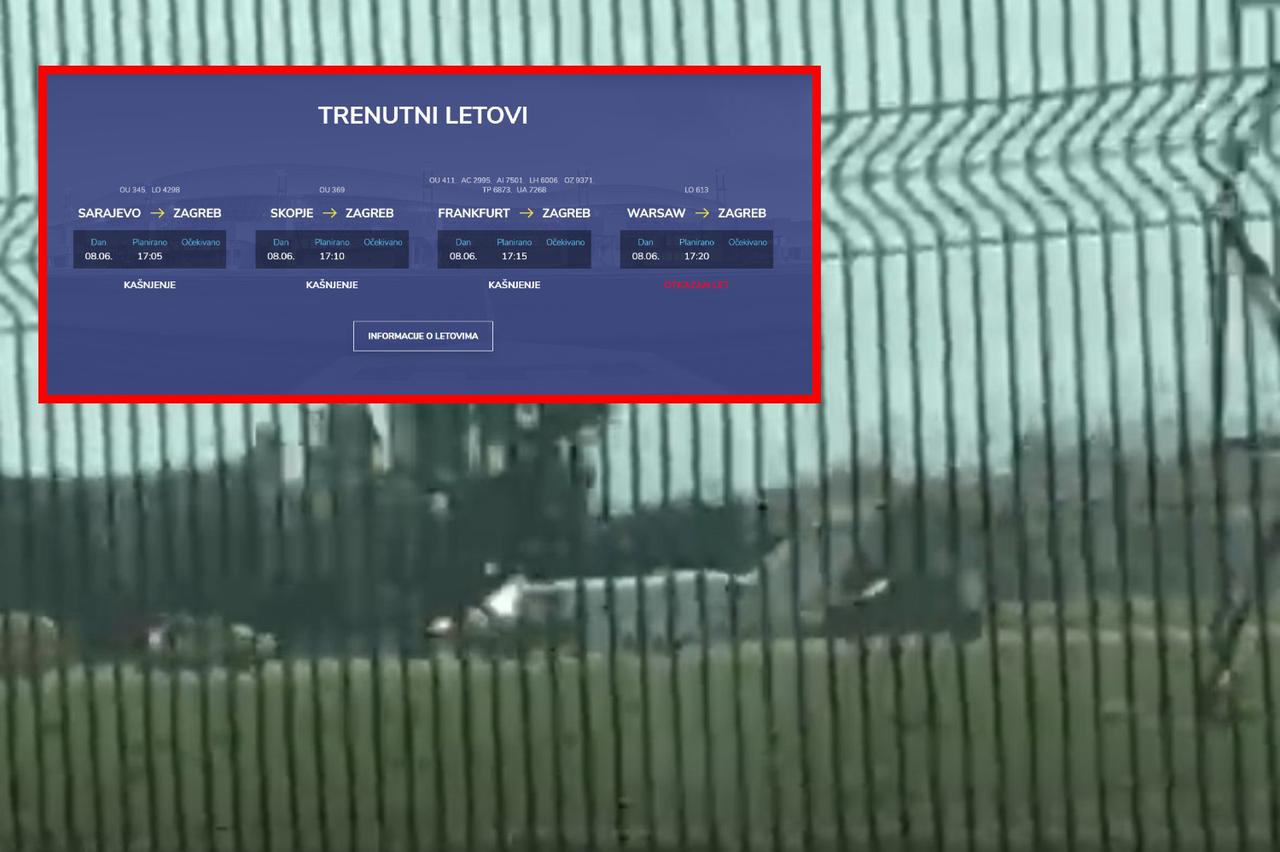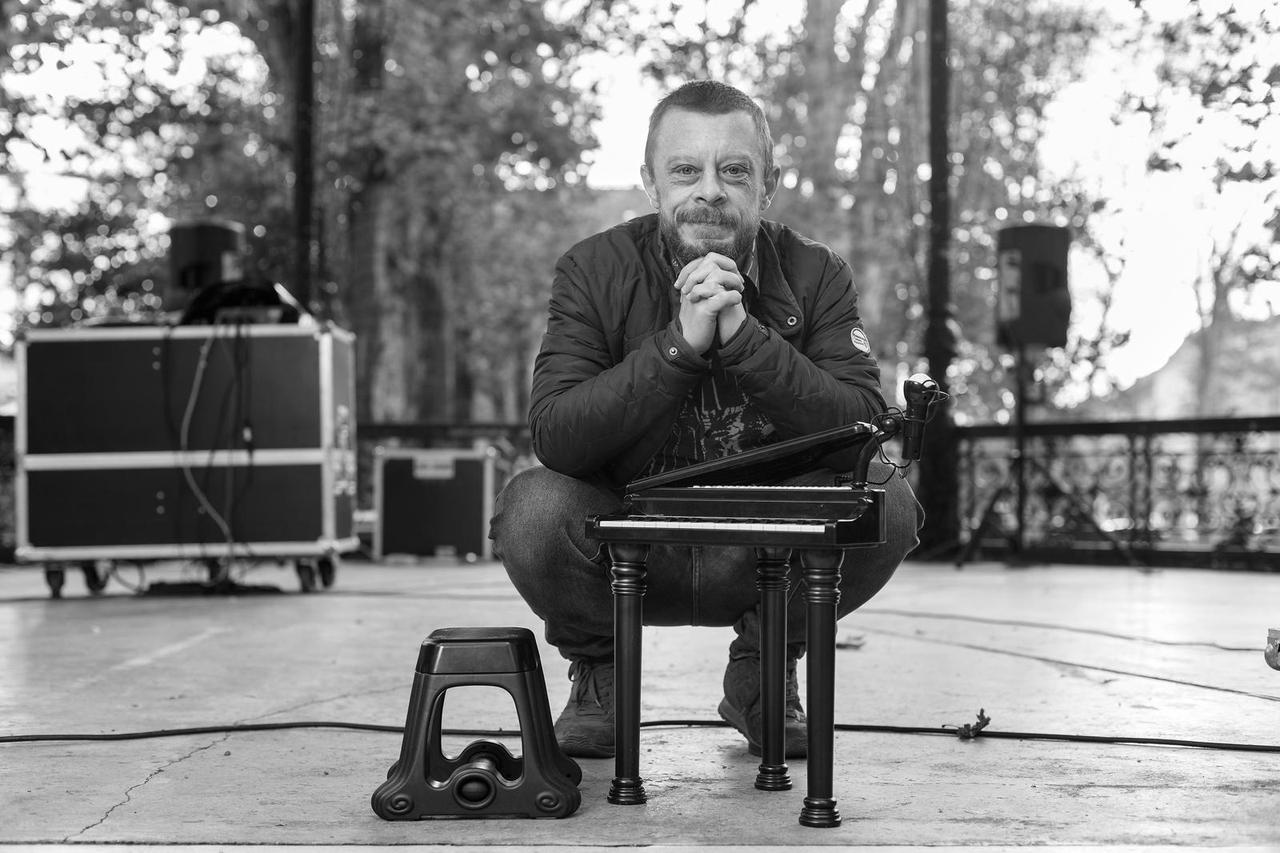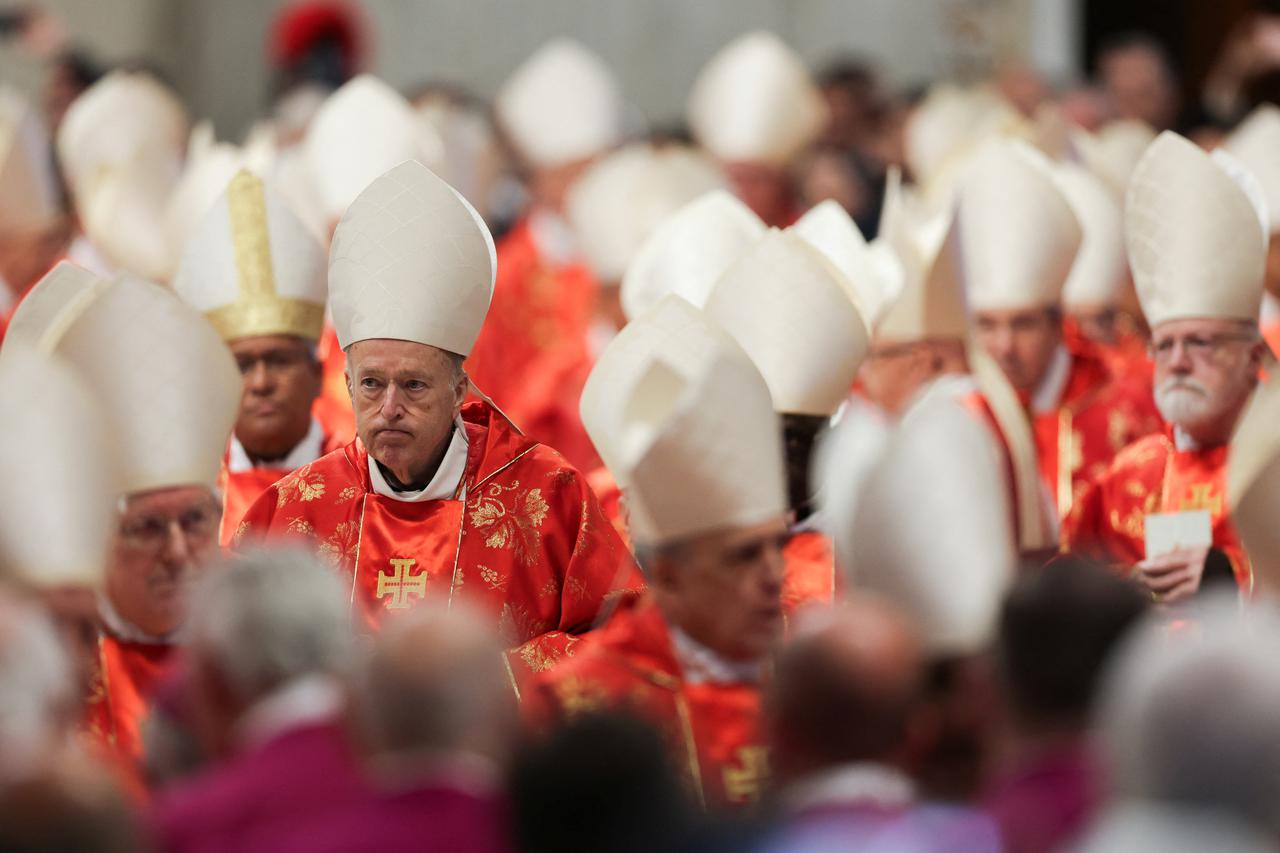The main topic of the article is the plan of the Social Democratic Party of Croatia (SDP) to take control over Croatia’s Constitutional Court. SDP and its partners aim to change the balance of power in the Constitutional Court to prevent being outvoted by the ruling majority. This situation has sparked controversy and accusations of political influence over the court, raising concerns about the court’s independence. The article notes that the Constitutional Court has already been subject to political conflicts, especially regarding the annulment of election ballots, symbolically representing an institutional breakdown. SDP plans to use the expiration of mandates of three judges to change the court’s composition and secure a majority favorable to the opposition.
Political Perspectives:
Left: Left-leaning outlets emphasize the need for judicial independence and frame SDP’s plan as a necessary step to restore balance and fairness in the Constitutional Court, which they portray as currently biased towards the ruling party. They highlight concerns about the politicization of the court and support SDP’s efforts to ensure the court protects human rights and constitutional order.
Center: Centrist sources present the issue as a complex political struggle over the control of an important state institution. They report on the facts of the SDP’s plan and the ruling party’s reactions without strong bias, emphasizing the importance of maintaining the court’s independence and the potential risks of politicization from both sides.
Right: Right-leaning media criticize SDP’s plan as a power grab that threatens the independence of the Constitutional Court. They portray SDP as attempting to politicize the judiciary for partisan gain, undermining the rule of law. They emphasize the legitimacy of the current court composition and warn against destabilizing established institutions.










































